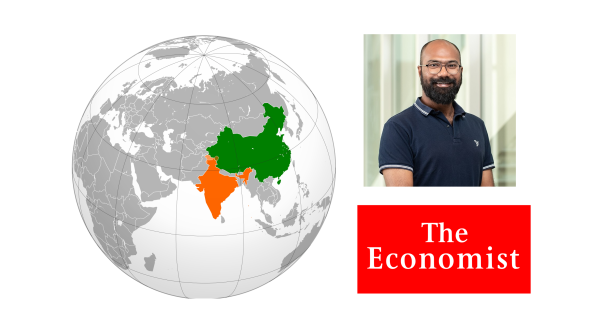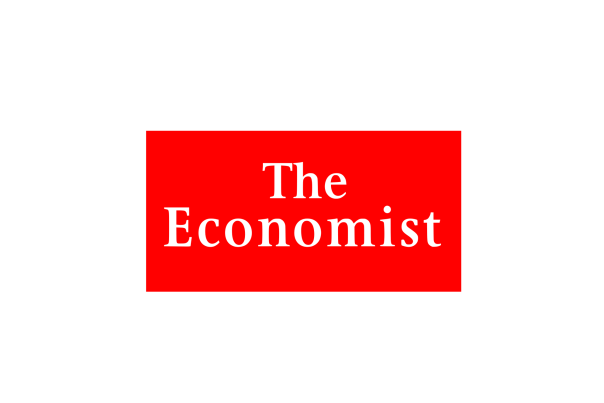Nitin Bharti is currently a postdoctoral researcher in the Economics Program of the Division of Social Sciences at New York University Abu Dhabi. He is also coordinator of the World Inequality Lab for South and Southeast Asia. He received his PhD in economics from the Paris School of Economics (PSE) and the University of Namur in September 2022 under the supervision of his promoters, Thomas Piketty (PSE) and Guilhem Cassan (UNamur).
His doctoral thesis at UNamur studied different dimensions of inequality in India:
- Inequality of access to education (covered by the article in the Economist),
- Inequality of income and wealth,
- Inequality of treatment in the face of justice.
For each of these projects, he conducted extraordinary data collection work, searching for new data in historical archives, or using new website data-mining methods to collect large-scale contemporary administrative data. He then exploited this data via cutting-edge econometric methods.
More about Dr Nitin Bharti
These topics are also at the heart of the themes developed at UNamur, for both teaching and research.
In fact, the DeFiPP Institute has recognized expertise in development economics and environmental economics. Its researchers are very active internationally. Some of DeFiPP's members, for example, have Jim Robinson, Nobel Prize 2024 for his research on the role of institutions in economic development, as a co-author on their articles.

